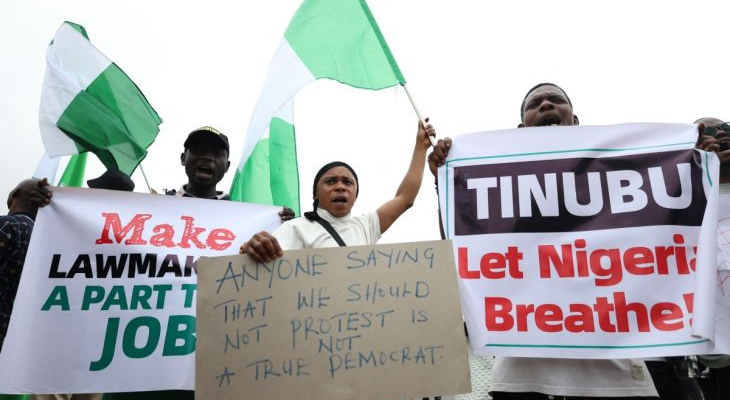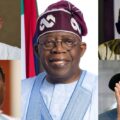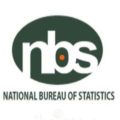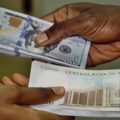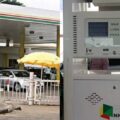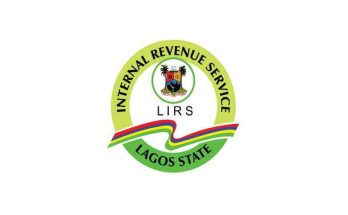by Anwuli Oseloka
‘If Tinubu’s administration is claiming the just removed subsidy, what did they do then when fuel was increased to N500 per litre from N185 per litre after Tinubu was sworn in? Seyi a commercial bus driver asks.
Nigeria is currently struggling with a high inflation rate and a devalued naira currency as well as fuel increment. In addition to these economic challenges, the country grapples with infrastructural deficits from inadequate transportation networks to unreliable power supply. The reason a lot of businesses are closing up.
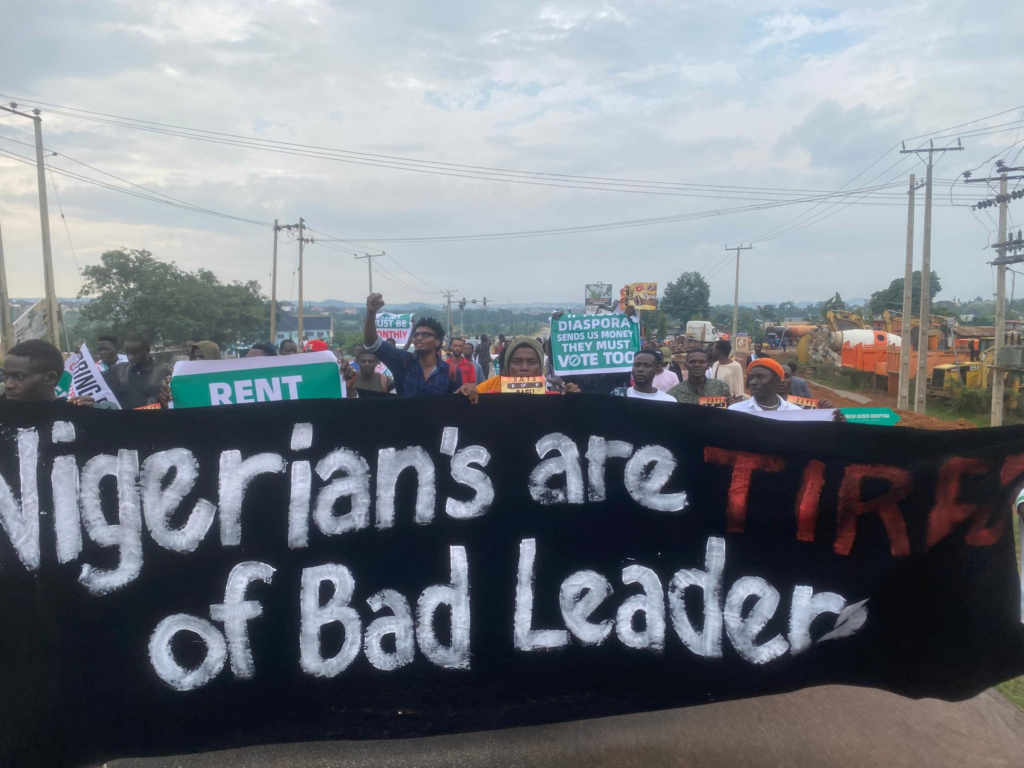
As of June 30, 2024, Nigeria became the third-largest debtor to the World Bank’s International Development Association (IDA) reflecting an increase in the country’s borrowing from the institution. However, Nigerians are yet to see any improvement in the economy.
The August 1st to 7th protest was geared towards ending the high cost of living, reducing fuel price, electricity tariff, unemployment rate, and balance the exchange rate among others. ‘This is not what Tinubu promised us, he should pity us because this is punishment’ said Mrs Omoniyi a market seller.
“Now I understand what Former president Goodluck Jonathan meant when he said, Nigerians would go through a lot with the upcoming administration after I step down.” Popoola, a fruit seller lamented. “We are going through a lot. I just wonder how long this administration wants us to bear this. They should let us breathe.”
Johnson Adesesan a newspaper vendor revealed that he is rather confused on how to survive. “I don’t know where to start from, is it the high rate of food stuffs or the light situation, or fuel that is now between N1000 to N1200 or the naira to dollar rate. There is no win win situation so far for more than a year with the Tinubu’s administration.”
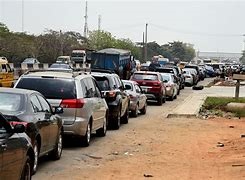
For a lot of Nigerians, it’s the feeling of being pushed to the wall. Having just held a peaceful protest, hoping for improvement, and the next thing is fuel scarcity with price hikes. Nnamdi, a barber is demanding an explanation for the hardship. “They should be explaining this thing to us. Why was the fuel increased, on what grounds? Transportation fares have gone up. Do you know what it entails for people who use generators for business because the power system is a failure?”
The government comes across as unfeeling and detached from the realities of daily living for most people. People can barely afford a meal not to talk of 3 square meals. One wonders the type of people surrounding the presidency. This question is pertinent considering the result of the administration after one year.

It is safe to say the protest did not really have any positive impact on the mindset of Nigerian leaders. But more than ever, the Federal Government must implement a comprehensive economic reform plan as soon as possible, including measures to diversify the economy, increase foreign exchange earnings, stabilize the naira, reduce inflation and fuel prices. In the meantime, since protests did not work, Nigerians will keep lamenting and trying to push through on a daily while hoping and praying for a better economy

